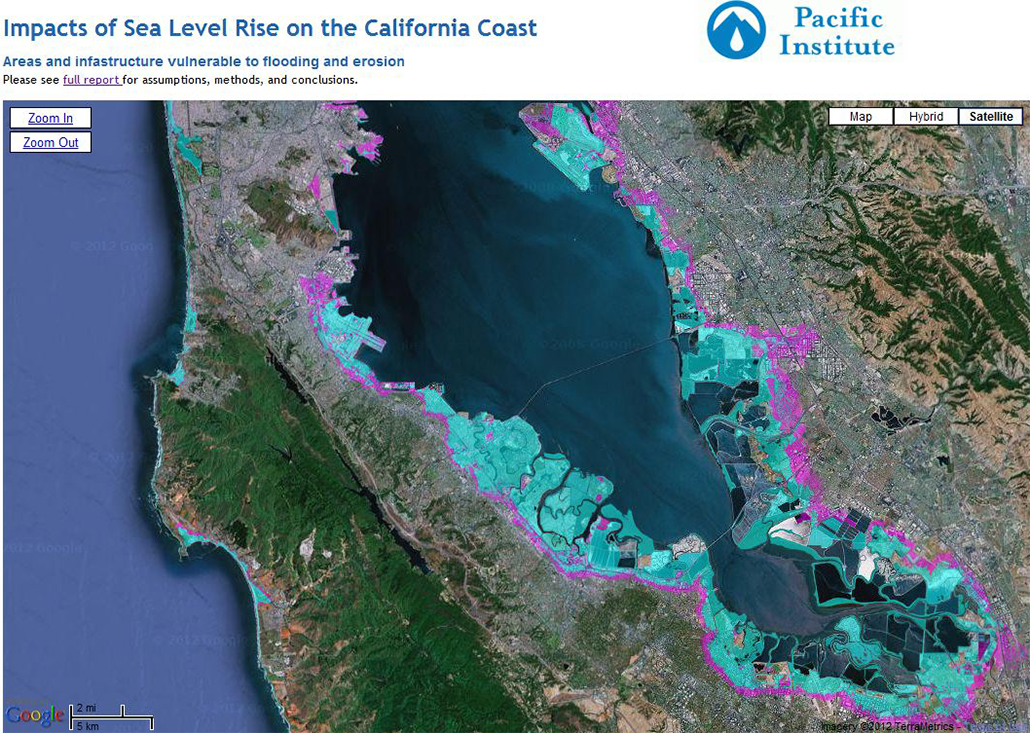How Will Florida’s Economy Be Affected By A Federal Cap-and-Trade System?
Place: United States • Date: 2008 • Partner: Environmental Defense Fund
Project Summary
With the possible exception of Alaska, the state of Florida is more vulnerable to climate change than any other state. With its proximity to sea level, large coastal population, susceptibility to hurricanes, already-warm climate, dependence on tourism, and reliance on climate-vulnerable oceans, Florida faces exceptionally serious economic and environmental harm from global warming.
Recognizing the importance of acting promptly, Florida Governor Charlie Crist has, in cooperation with the Florida legislature, businesses, and environmentalists, launched a bold climate action initiative. In 2007, Governor Crist issued three Executive Orders aimed to reducing the state’s carbon footprint, with the overall objective of returning the state to 1990 greenhouse gas (“GHG”) emission levels by 2025. One of those Orders created the Governor’s Action Team on Energy and Climate Change, which was charged with developing a statewide plan to address those issues. The Action Team’s final report, released in October 2008, contains dozens of recommendations for ways of addressing climate change. A central theme of the final report, however, is this:
“First and foremost, a strong national cap-and-trade program is the preferred method for achieving substantial reductions in GHGs, and Florida should advocate for a national program.”
Since the Governor’s Action Team has identified a national cap-and-trade program as the best way to reduce greenhouse gases, this report analyzes the likely impact of such a program on the Florida economy. We go on to discuss certain important factors – including entrepreneurship and innovation – that are difficult to capture in economic modeling, but that are important drivers of economic growth. Finally, we compare the likely economic effects of a national cap-and-trade policy to theeconomic impact on Florida of inaction, such as the costs of recovering from stronger and more frequent hurricanes and losses of tourism from excessive heat.
Most Recent Entries

Low Carbon Biomass Conversion in the Sierra Nevada







